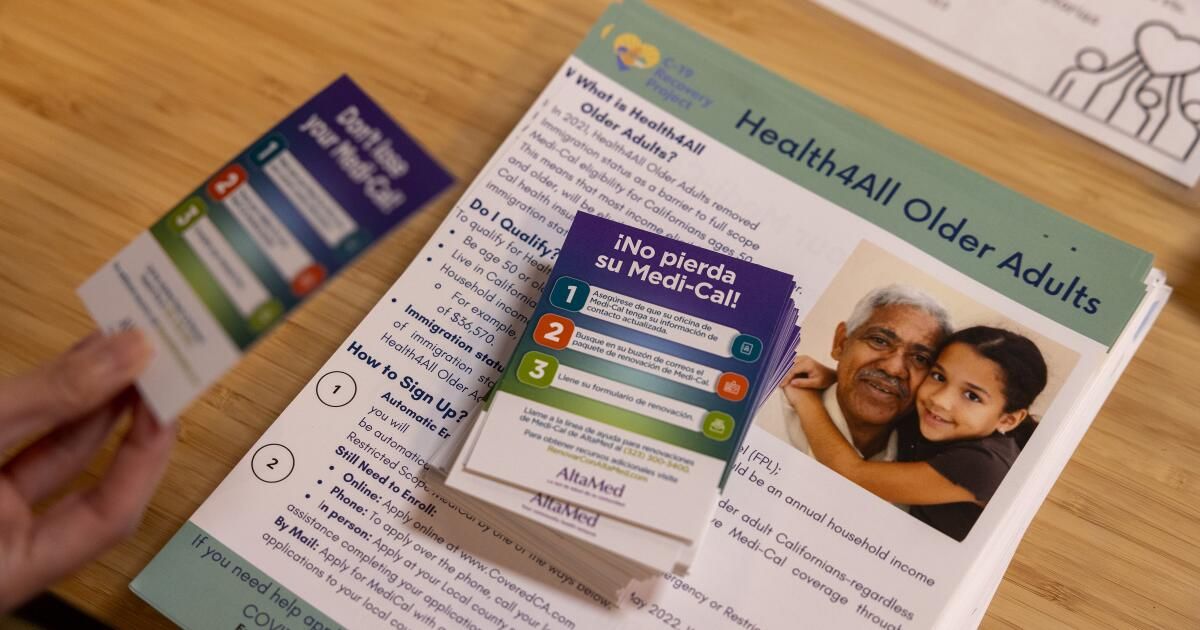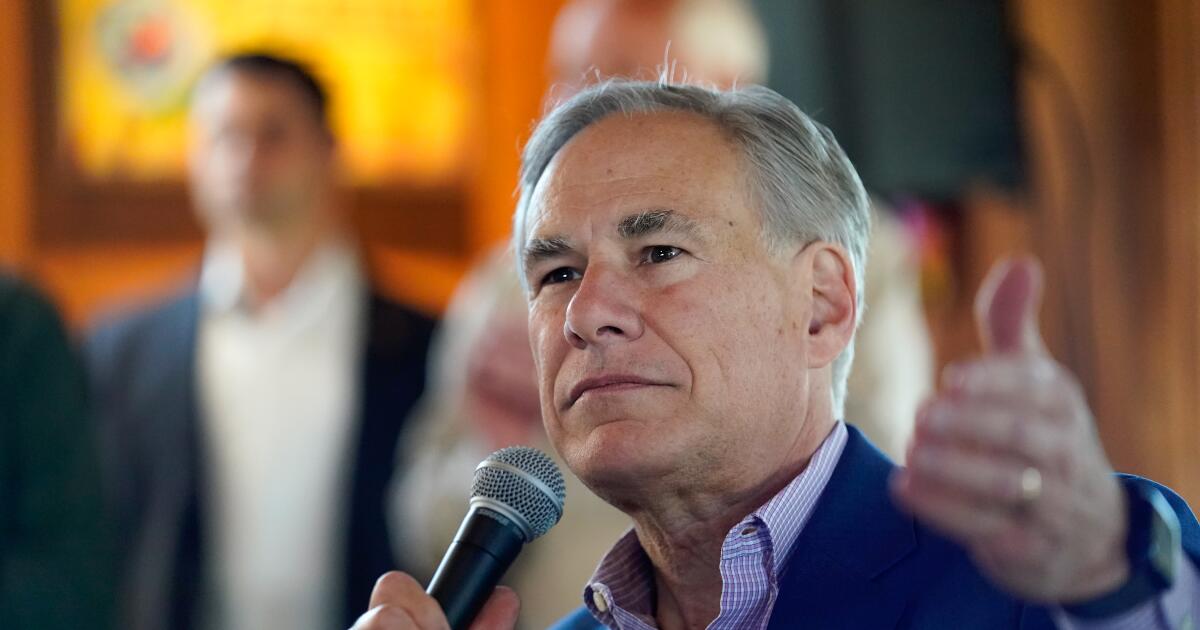California is striving for a healthier 2024 by greatly expanding its Medicaid program, but the state risks terminating coverage at the same time. Some of the strongest impacts, both positive and negative, are affecting the health of Latinos.
Expanded Medi-Cal aims to ensure that all California residents, regardless of citizenship, have access to life-saving health care. This transformation brings us one step closer to universal coverage. Unfortunately, great progress is threatened by Medi-Cal's annual redetermination process.
Access to healthcare is more important than ever, especially for Latinos. Our community continues to suffer from the acute effects of the COVID-19 pandemic, as well as chronic conditions resulting from decades-long systemic disenfranchisement.
California's Medi-Cal system covers approximately 15.28 million people, and more fifty% of those registered are Latino. Nearly a decade ago, our communities came together to build the framework to expand access to state health care coverage to all Californians, regardless of immigration status.
Today anyone Anyone eligible for full Medi-Cal may apply for the benefit. It's a powerful legacy for Governor Gavin Newsom and a huge victory for health justice. But the simultaneous expansion of Medi-Cal and the loss of coverage due to Medi-Cal redetermination (the annual eligibility verification) puts us at a critical intersection.
At the beginning of the pandemic, Congress acted to ensure that Medicaid recipients kept their benefits without the annual income and eligibility verification process. This was an intentional public health policy decision to ensure that people did not lose their health care coverage when they needed it most. But when Congress decoupled continued Medicaid coverage from last year's official federal health emergency, Annual redetermination checks began again, heavily focused on income eligibility. Currently, the annual income requirement for a family of four to qualify for Medi-Cal is $41,400. Just one dollar over the threshold can make you ineligible.
California began its Medi-Cal redetermination process in spring 2023. If the state's systems can verify all of a member's financial information, the redetermination is automatic. However, the first data show a worrying fact. From June to October of last year, just over 50% of all people discharged from Medi-Cal were Latino. These declines were overwhelmingly due to procedural reasons, such as missing or incomplete documentation, rather than eligibility reasons.
Redetermination in Latino communities has been met with confusion and has taken people by surprise. Obstacles such as long work hours, access to transportation, language and literacy barriers hinder our communities when interacting with formal systems, including healthcare. These cancellations undermine California's Medi-Cal expansion efforts and threaten the already fragile health of Latinos, 40% of the state's population.
There are some key actions California can take to address this problem. The state can pause procedural terminations so that people do not lose coverage due to a paperwork or process problem. Last fall, the The federal government ordered 30 states pause their redetermination efforts due to system errors in eligibility checks. This shows that pauses can be implemented to prevent incorrect disenrollments in 2024, and it is even possible to execute them before the 2023 redetermination process ends in June.
California may also update the CalSAWS/BenefitsCal system to ensure there are expanded ways to verify income eligibility, track information, and communicate with users. California can also protect and increase funding that goes to community health navigators and organizations that work within the community to support enrollment efforts.
Despite a significant budget shortfall, Newsom has proven to be a strong advocate for health care. Under his leadership, we are closing the Medi-Cal gap and moving one step closer to universal coverage. California is making progress on health justice, and we cannot allow confusing and inefficient redetermination processes to undermine that effort. Progress can only be truly celebrated if we ensure accessibility in every corner of our state's Medi-Cal program. The good news is that it is not too late.
Seciah Aquino is executive director of the Latino Coalition for a Healthy California, where Rita Medina is deputy director.











